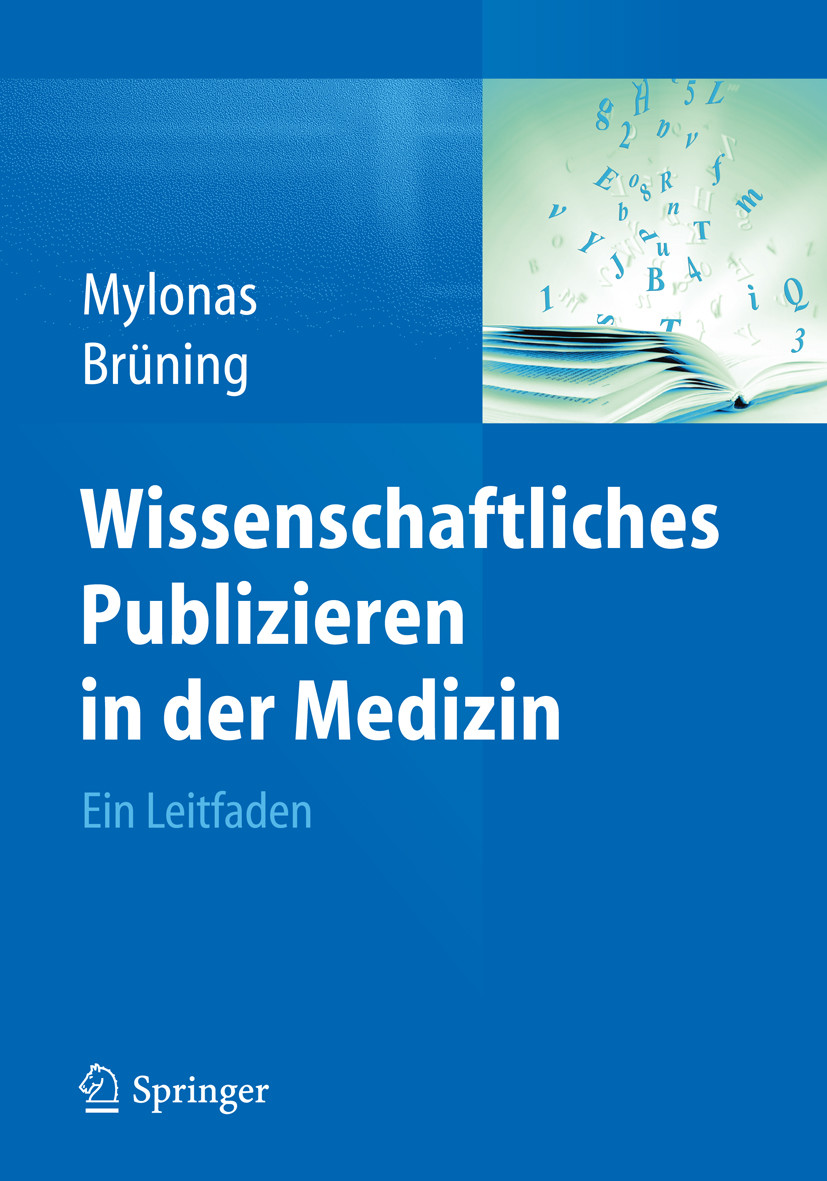A New Holistic-Evolutive Approach to Pediatric Palliative Care
| Auflage | 1. Auflage, 2022 |
| Verlag | Springer-Verlag |
| ISBN | 9783030962562 |
Produktbeschreibung
This book illustrates why a holistic approach is important in Pediatric Palliative Care (PPC). Readers will learn this approach has a 'horizontal' axis, featuring the patients' mental and physical needs, as well as their environments. It has also a 'vertical axis': the evolutive changes of the patients throughout their development and their illness, their aspirations and fears. An evolutive (or dynamic) approach is mandatory. Each child/parent has a different experience of illness and a different path to recovery that is influenced by their age, gender, culture, but also by the state of their grief. To take care of them, we need to know the state of the subjects we are dealing with throughout their evolution in age (children) and in sorrow (both children and parents). Jung's and Piaget' schemes will be of support. This book also helps caregivers to know what ethics is. It teaches a new insight on the word 'ethics': not a series of principles or norms, but an approach based on humanistic virtues. Two criteria will be proposed to this aim: an ethics based on the refusal of inauthentic behaviors (or those behaviors that are copies of animals or machines) and a new criterion that even children have some ethical duties (not based on rules, but on naturally acceptance that their sight is modulated by the presence of their parents and friends). This ethical approach is explained to caregivers in a practical mode, ready for clinical exigencies. This book is also unique because it demonstrates that PPC also involves the true care of caregivers. It will explain how to approach, measure and overcome caregivers' burn-out. Special attention is devoted to the approach to babies' and children's pharmacological and non-pharmacological analgesia and sedation. Pain assessment methods will be illustrated, as well as the development of a PPC web on the territory. This text includes perinatal and neonatal PPC. The book will be of valuable support to all those intensivists, pediatricians, nurses, psychologists, physiotherapists and healthcare professionals working in PPC units.
Carlo Bellieni is currently the Director of the Pediatric Intensive Care Unit at University Hospital of Siena, with a 20-year experience in general pediatrics, neonatal intensive care, infant care and neonatal electroencephalography. His clinical experience covers several fields among which: neonatal resuscitation, intubation, infection therapy and pain management, bioethics. Since 2004 he has a relevant story of teaching in pain treatment and pediatrics. Dr. Bellieni has obtained the license as Associated Professor of Pediatrics by the Italian Ministry of Instruction in 2014 and of Full Professor in Pediatrics in 2018. He has been invited speaker in many national and international congresses on pediatric pain, palliative care and environmental hazards in pediatric settings. He teaches in a Master of Pediatric Palliative Care in the University of Aguas Calientes (Mexico). Prof. Bellieni owns 2 Italian and 1 European patents of medical tools; he is member of 14 international and national scientific associations and serves as a reviewer or member of the editorial board of 50 international scientific journals. He has written more than 300 scientific papers with a high total impact factor and Hirsh score, mainly in the field of pediatric analgesic treatment. He also wrote several books, chapters of books and encyclopedias. He has performed scientific research in the field of pediatric analgesia, and environmental hazards, producing new analgesic treatments and pain assessment tools.
His researches on pain have been reported by several international mass media, e.g. BBC, CNN, Time (US), Times (London), Le Figaro, Le Monde (Paris), El Mundo, La Vanguardia (Madrid). In the field of pediatric pain Prof. Bellieni developed, validated and published a new pain scale (ABC scale); developed, validated and published a new method of non-pharmacological analgesia (Sensorial Saturation, also known as 'Multisensory Stimulation'); edited books and published more than 300 papers and chapters of books and encyclopedias; gave many lectures in hospitals and universities and interviews to the main international newspapers and mass-media and taught pediatric and neonatal pharmacology, with special regard to pain treatment.

